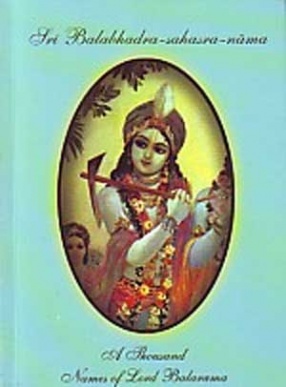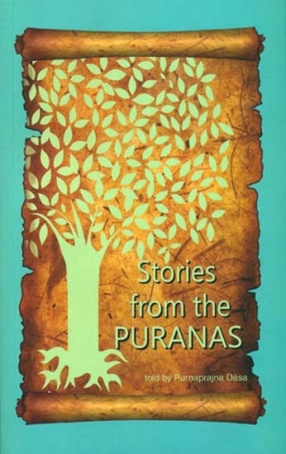
Purnaprajna Dasa

Showing all 23 books

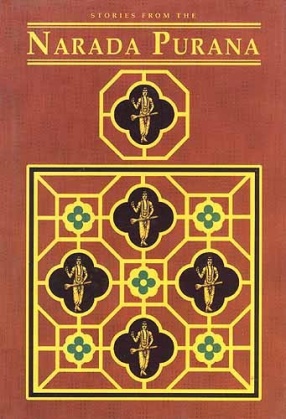
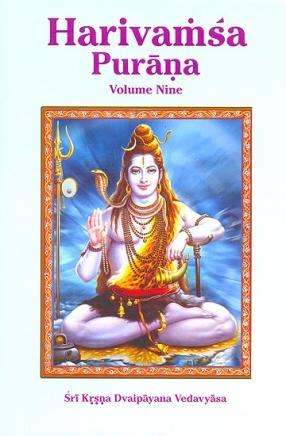
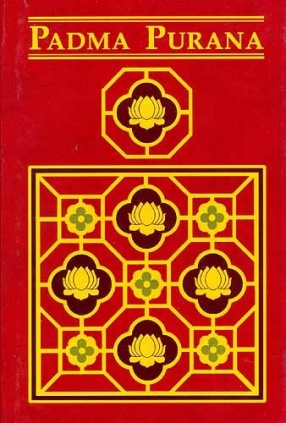
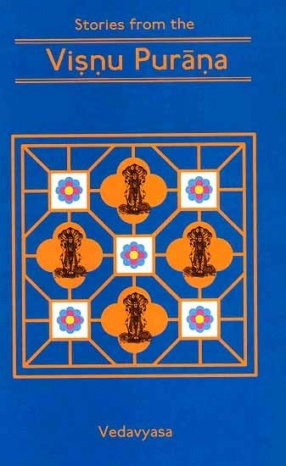
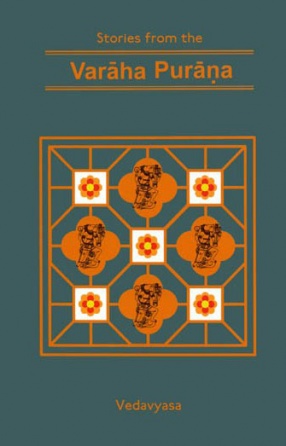
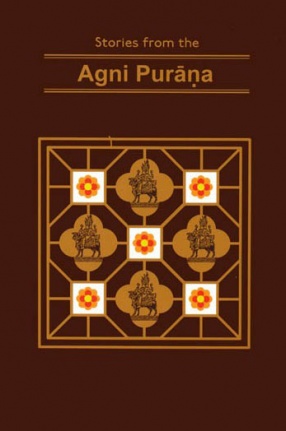
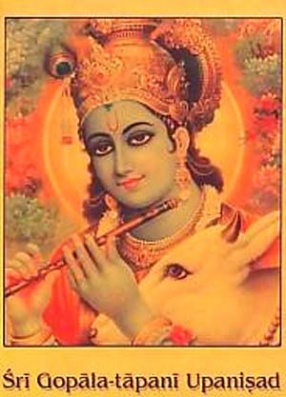
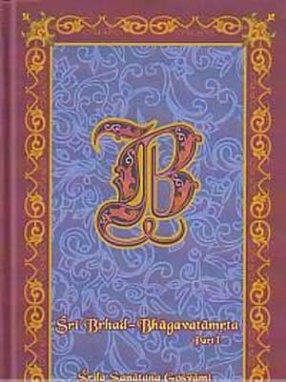
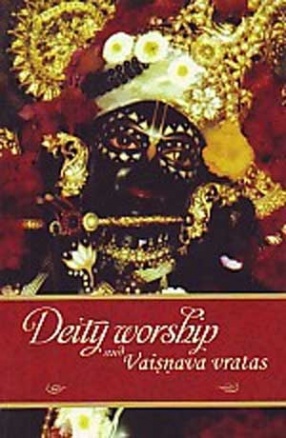
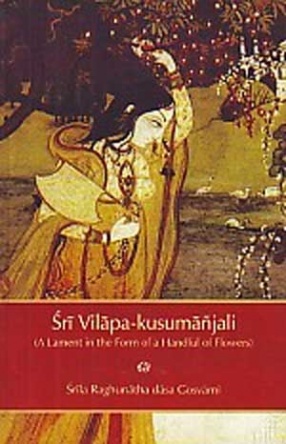
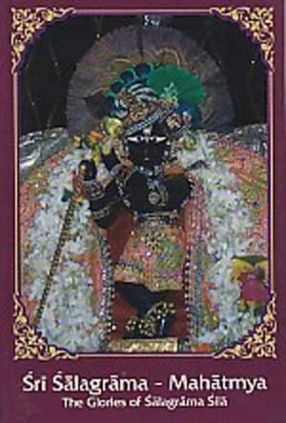
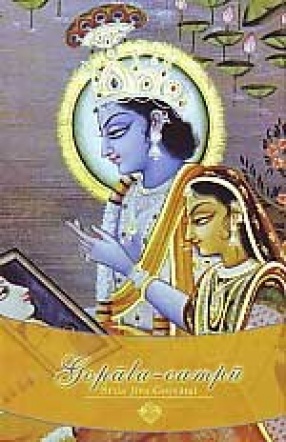
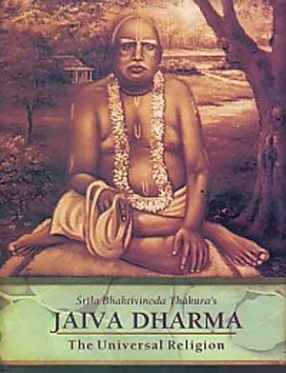
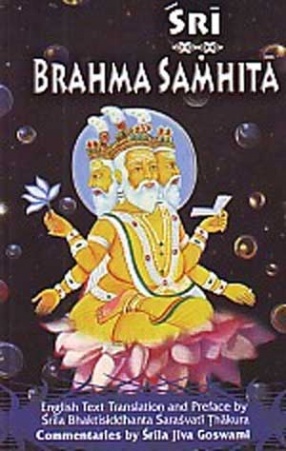
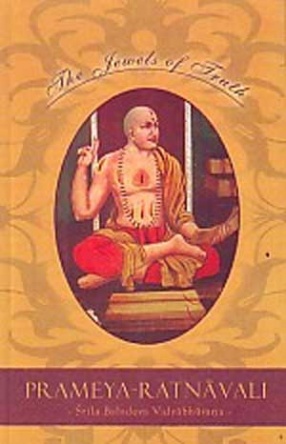
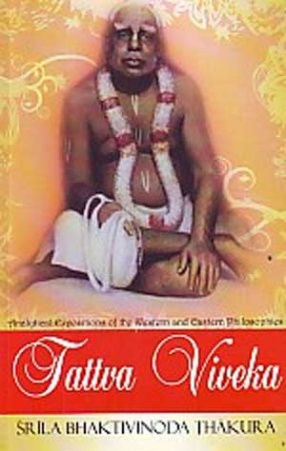

Srila Vyasadeva compiled many Vedic literatures out of compassion for the fallen conditioned souls, just to deliver them from the mire of material existence and reinstate them in their rightful position as eternal servitors of the Supreme Personality of Godhead. The Puranas are presented for the masses of people so that from any condition of life they can gradually elevate themselves to the platform of absolute knowledge and love for the Supreme Personality of ...

This is the second in the series of maha-puranas, told in story form. In the Shrimad-Bhagavatam, Canto 12 chapter 7 verses 23 and 24 it is stated: The eighteen major Puranas are the Brahma, Padma, Visnu, Siva, Linga, Garuda , Narada , Bhagavata, Agni, Skanda, Bhavisya, Brahma-vaivarta, Markandeya, Vamana, Varaha, Matsya, Kurma and Brahmanda Puranas.
The Narada Purana is not as often quoted by the Vaishnava acharyas as most of the other Puranas. In Shrila ...
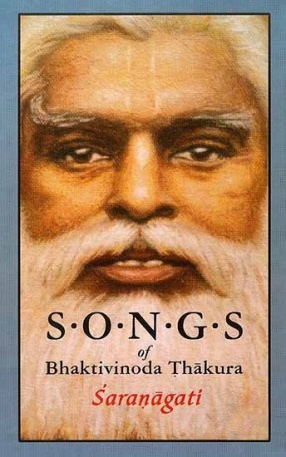

Harivamsa and Mahabharata are complementary to each other. Harivamsa especially describes the pastimes of the supreme Lord that took place after the battle at Kuruksetra including his pastimes of disappearance. Harivamsa is considered to be a supplement of Mahabharata. It is divided into three parts Harivamsa parva Visnu parva and Bhavisya Parva. Harivamsa parva has fifty five chapters Visnu parva has one hundred twenty eight chapters and bhavisya parva has one ...
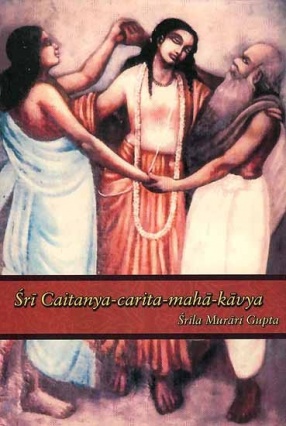
When Caitanya Mahaprabhu appeared in the house of Srivasa Thakura in His Caturbhuja murit, Murari Gupta became His carrier in the form of Garuda, and in these pastimes of ecstasy the Lord then got up on his back. It was the desire of Murari Gupta to leave his body before the disappearance of Caitanya Mahaprabhu, but the Lord forbade him to do so. Thus is described in the Caitanya-bhagavata, Madhya-khanda, Chapter Twenty.
There is another verse in the Caitanya ...

Padma Purana is one of the eighteen principle Puranas, as explained in Shrimad-Bhagavatam (12.7.25):
"The eighteen major Puranas are the Brahma, Padma, Vishnu, Shiva, Linga, Garuda, Narada, Bhagavata, Agni, Skanda, Bhavishya, Brahma-vaivarta, Markendeya, Vamana, Varaha, Matsya, Kurma and Brahmanda Puranas."
In a conversation with his disciples, Shrila Prabhuapada tells about the importance of the Padma Purana:
Srila Prabhupada: "So, there are ...

The Visnu Purana as herein recorded was spoken by Parasara Muni to the sage Maitreya. Parasara Muni is the father of Krsna Dvaipayana Vyasa, the compiler of the Vedas and author of Mahabharata. Parasara is also famous as the person who gave the definition of the word “bhagavan” that Srila Prabhupada referred to countless times.
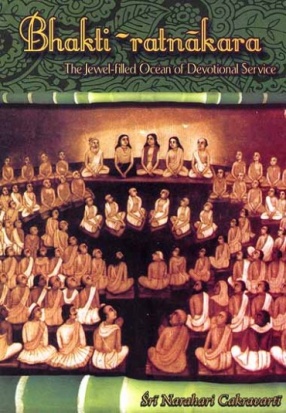
Bhakti-ratnakara, written by Sri Narahari Cakravati, who was also known as Ghanasyama dasa, is a very respected and authorized literature describing the lives of the devotees after the disappearance of Sri Caitanya Mahaprabhu. It especially illuminates the glories of the great acaryas, Srinivasa Acarya and Narottama dasa Thakura.
By reading Bhakti-ratnakara, we can vividly experience the mood of the times after the disppearance of Sri Caitanya Mahaprabhu, and how ...
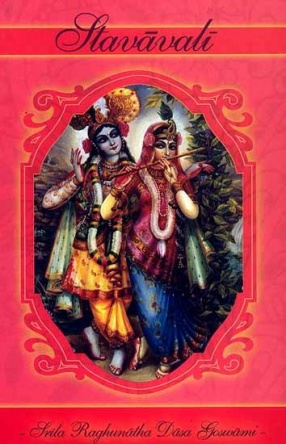

Varaha Purana was originally spoken by Lord Varaha to Bhumi and later repeated by Suta Gosvami to the sager at Naimisaranya. Lord Varaha spoke this Purana to Bhumi after He had lifted her up from the nether regions. This Purana consists of questions by Bhumi, the goddess of the earth, posed to Lord Varaha, the Boar Incarnation of Lord Visnu. For the edition I have selected interesting stories which are told to illustrate the efficacy of various holy places of ...

The Agni Purana is one of the eighteen major Puranas and is one of the Puranas meant for those in the mode of goodness. This is clear from the fact that on practically every page the fact that Lord Visnu is devadeva, or the Lord of all other lords. He is the supreme objective of all spiritual practices and devotion unto Him is the practice the qualifies one for libration from material existence. This is especially evidenced by how Agni Purana especially talks ...
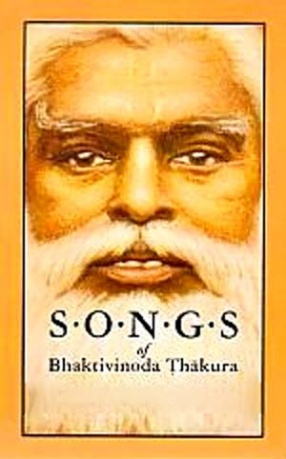
Volume Title: V. 1. Kalyana kalpataru = Desire tree of auspiciousness; V. 2. Saranagati = Surrender; V. 3. Gitavali; V. 4. Gitamala : Yamuna bhavavali (songs based on Sri Yamunacaryas Stotra-ratna).


On Krishna, Hindu deity and Bhakti representing Vaishnava view point.




In Sanskrit (roman); translation and introductory matter in English.

On Vaiṣṇavism; in fiction form.



Analytical expositions of the western and eastern philosophies.
